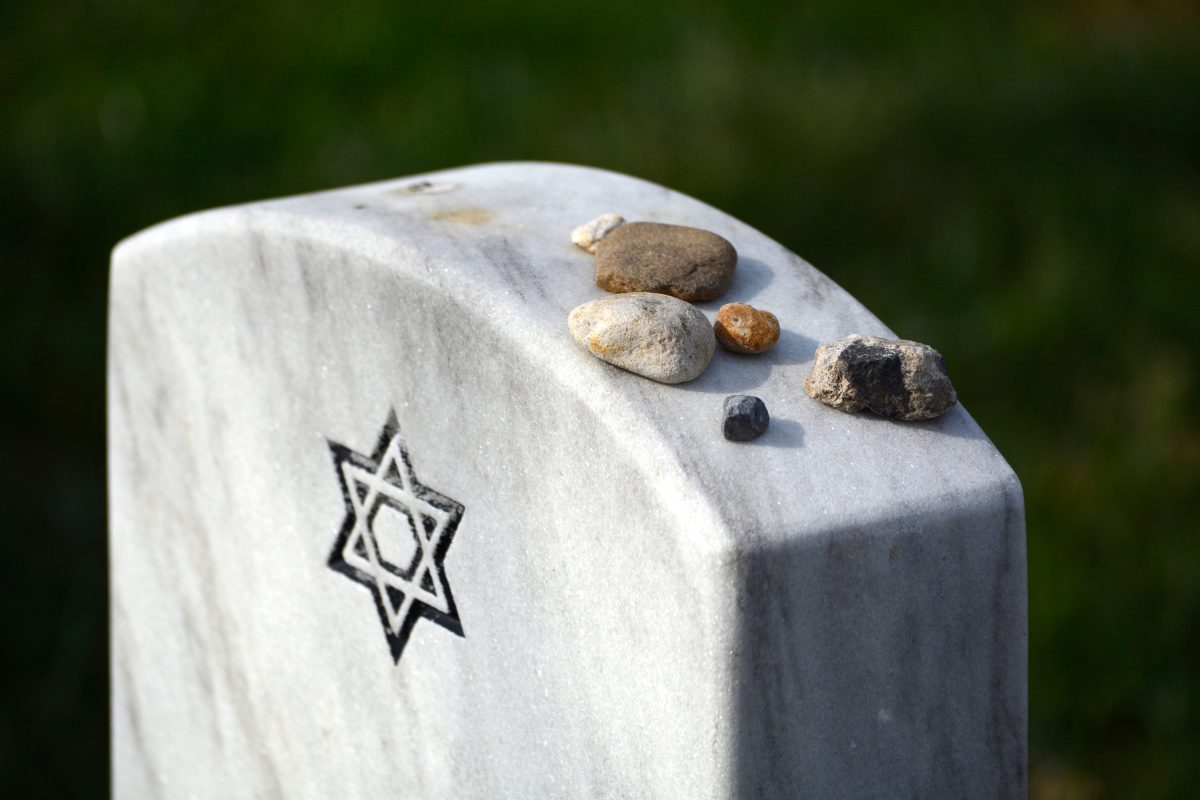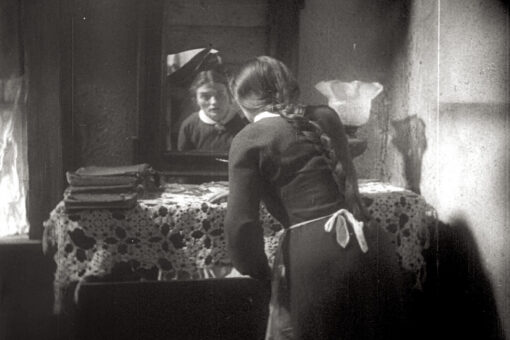When it comes to religion, it’s easy to say my family has a complicated relationship to it. As Post-Soviet Jews, my parents grew up in a government-mandated secularized country that marginalized their religious background, leaving many Jews unable to practice the traditional rituals of Judaism. This has sometimes left me feeling out of place in specifically religious spaces where others have already memorized the prayers and songs I am not fluent in, leading me to question whether I’m “Jewish enough” — which ironically is a very Jewish question in itself.
Despite all that, my family maintains a strong sense of Jewish identity, and it is never more apparent than when we practice our Jewish mourning rituals. In Jewish culture, there are strong links to ancestor belief: the belief that those we loved who have passed on continue to watch over us from beyond the grave, whether appearing in our dreams and/or responding to our pleas for guidance and help or even just acknowledgement. One morning, my mother calmly informed our family that she had seen her mother in her dreams the night before. There was no fear or confusion — simply the knowledge that my maternal grandmother had wanted to pay her a visit as an early birthday present.
For my parents, who hardly ever step into a synagogue or light candles for Shabbat, their strongest prayers come at the graves of my grandparents asking them to look after those of us who are still living, like when my mother asked her mother to look after me and my sister as we traveled overseas or studied for important exams.
When we step into the Jewish graveyard, we are stepping into a sacred space. As soon as we enter the gates, a transformation takes place, turning my noisy (and occasionally dysfunctional) Jewish Ukrainian American family into a quiet group of worshippers, looking for some peace in our rituals. We begin with saying our hellos and our ministrations, cleaning the grave of any stray leaves and miscellaneous debris that we come across, as well as replacing the flowers that have expired since our last visit with fresh, new ones. We wash the headstones as we once washed their bodies, tough skin instead of soft and papery, meticulous and gentle with each swath of cloth and water. I read the Kaddish off my phone. I can only read the prayer in English, but the truth is grief is accessible in any language.
Then, each of us holding a stone, we place it upon the grave as according to Jewish bereavement customs, since stones will always last longer than flowers. I have also read — though I can’t remember where — that there is an additional purpose to these stones: that when we place these physical stones, we are also taking some of the spiritual weights from our hearts and laying it down on the grave to rest. We feel lighter afterwards.
Before we leave, we quietly ask our departed relatives, in English and in Russian, to look after those of our family who are still on this side of the earth. All the while reminding them of our love, and saying we will return — as we always do.
With a final kiss to the freshly cleaned gravestone, we take our leave, making sure to wash our hands before we do.
While many Jewish scholars would have something to say about why we wash our hands after entering a Jewish cemetery, this answer, found on an internet message board of all places, feels most true and poetic to me:
“We wash our hands after contact with the dead to express our desire to stay away from death and to embrace life. We don’t dry the hands to state that death, and its urgent message, are always with us. We can’t avoid death. So let it remind us to celebrate life.”
Yehuda Halevi, a Sephardic Jewish poet, physician and philosopher once wrote, “Tis a fearful thing, to love what death can touch…” While this is true, there is something beautiful in the practice of mourning as well. Though death is often scary, and grief a weight that can never be fully lifted, it is the price we pay for the irreplaceable love of those we once lived with, and continue to love after.
In the place between the sacred and the mundane, there is space for secular Jewish families like mine to be tied to our Jewish faith, to show our love and care in the traditions that unite us, whether in life or in death.



